How VAR will change the Premier League, according to Howard Webb
The 2010 World Cup final referee has overseen the introduction of the technology in MLS

The Video Assistant Referee (VAR) system will be used in the Premier League in the 2019-20 season after the governing body announced its introduction earlier this month.
It is already in use in leagues around the world and has been a success, but what impact will it have on the game in this country?
Howard Webb, the 2010 World Cup final referee who oversaw the introduction of the system in Major League Soccer (MLS) and is now general manager of the Professional Referee Organisation (PRO), spoke about how the game has changed with the use of VAR and what we might expect to see happen in the Premier League from next season.
Changes in officiating
“The obvious change is we have had less important mistakes, which is what it is designed to do. The ethos is to benefit the game without interfering with how it is played. In MLS, we have seen almost 100 errors rectified by the use of video review and those are errors that will have been significant because they relate to direct red cards, goals and penalty kicks primarily.”
Referees will be able to officiate freely
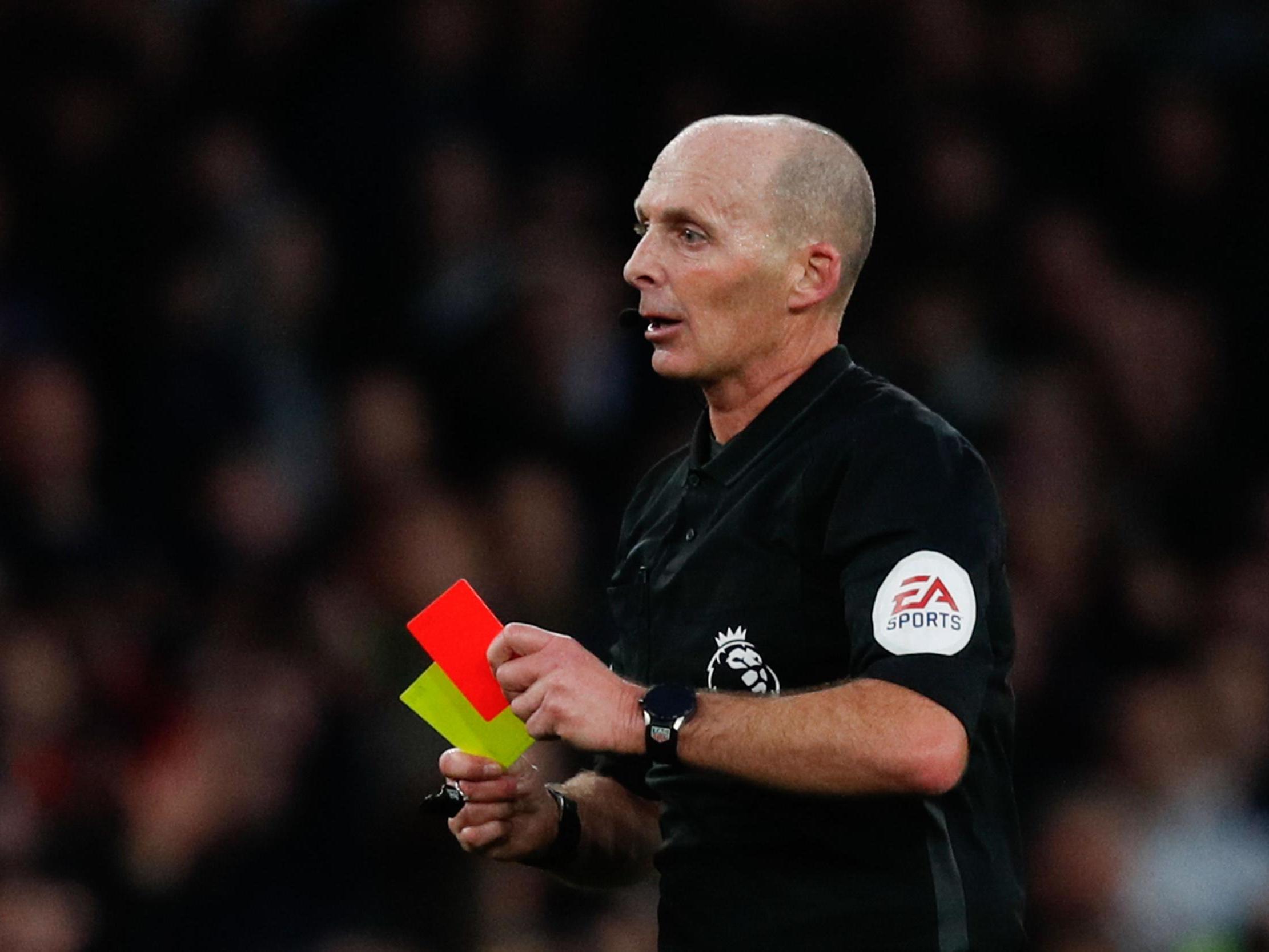
“They can officiate better because they don't have that doubt in the back of their head that they have made an error. That plays on your mind for the rest of the match and if a decision affects the outcome of the game you don't know until the end whether you have got it right or not. Now with VAR, within 10 to 15 seconds you get a colleague who has been able to check it and let you know if it was the right decision and then you can move on to the next one and not worry about the last one. That is a real benefit that people don't realise - that officials will perform better because they have that safety net.”
Assistant refs will keep their flags down
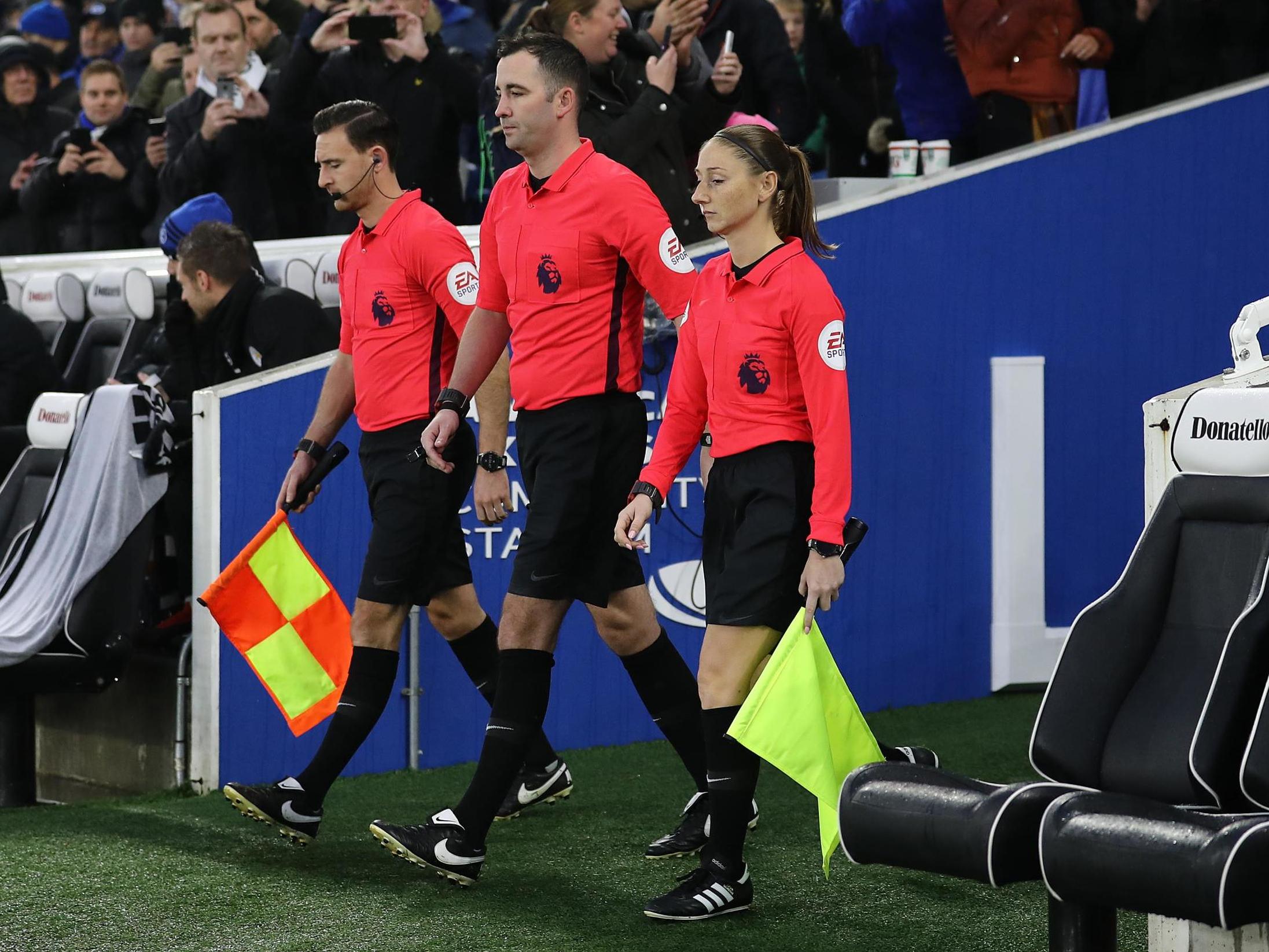
“If there is a close decision they will delay their flag on purpose to allow the attack to develop and reach its natural conclusion and then they will flag for offside. We need people to understand why that happens. If the assistant happens to be wrong it can be rectified. If they flag early and the whistle goes that attack stops there and then, and if the video shows it's a mistake there is nothing you can do about it at that point. The assistant referee's delay is crucial in the procedure, as it allows for the sequence of play to receive proper, accurate examination.”
Referees could explain the decision to the crowd
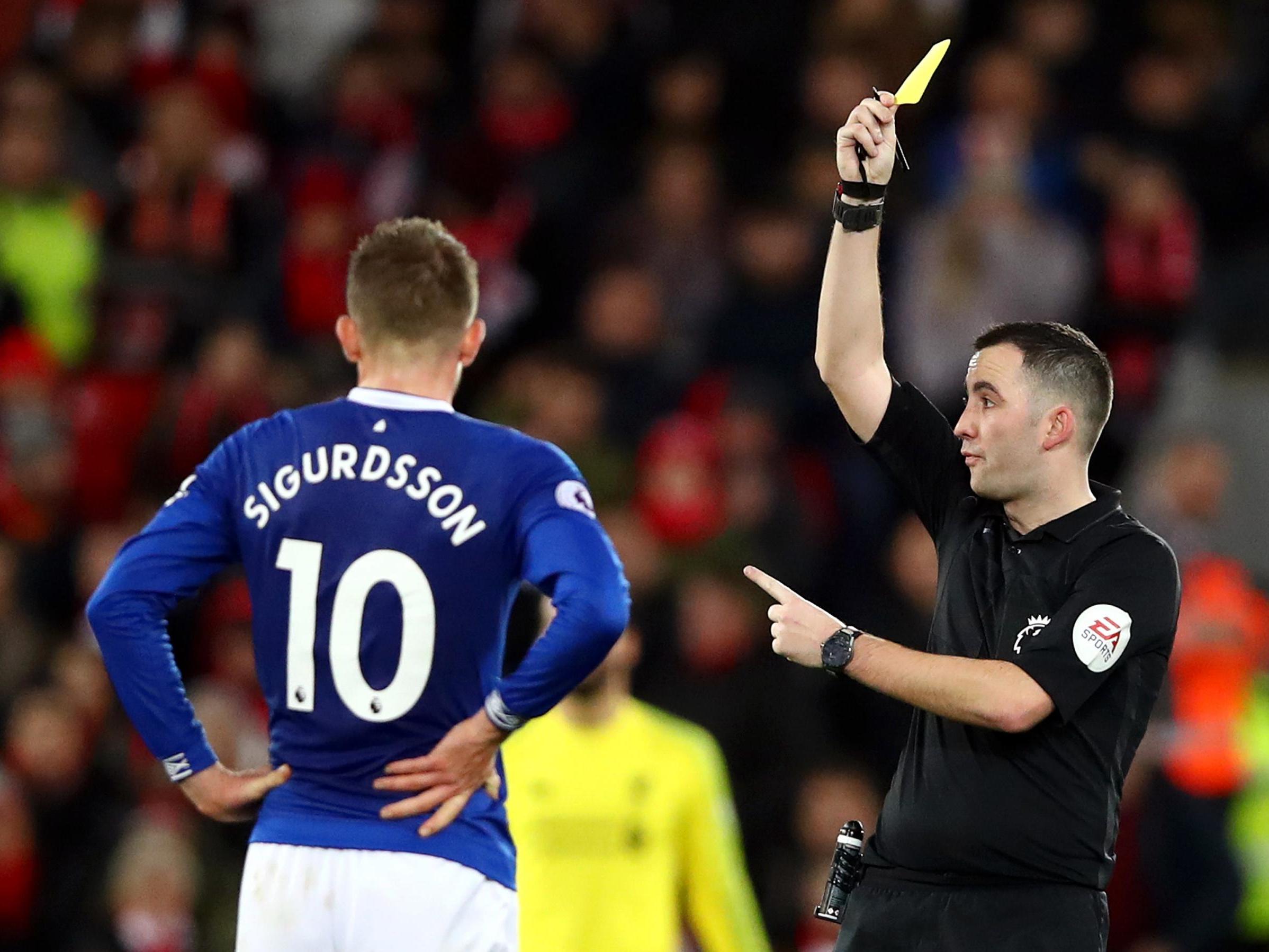
“Communication is really important, trying to make sure the in-stadium audience knows what is happening so they feel connected to the game. We are always looking at redefining the way we deliver the message out. At the moment it can be played out on the video screens and hopefully that helps sell the process. We show the definitive angle in the stadium. I think eventually we will see referees announcing the outcome over the PA system. That is popular in the US. There are trials taking place to see how that would work in our sport.”
Changes to the game
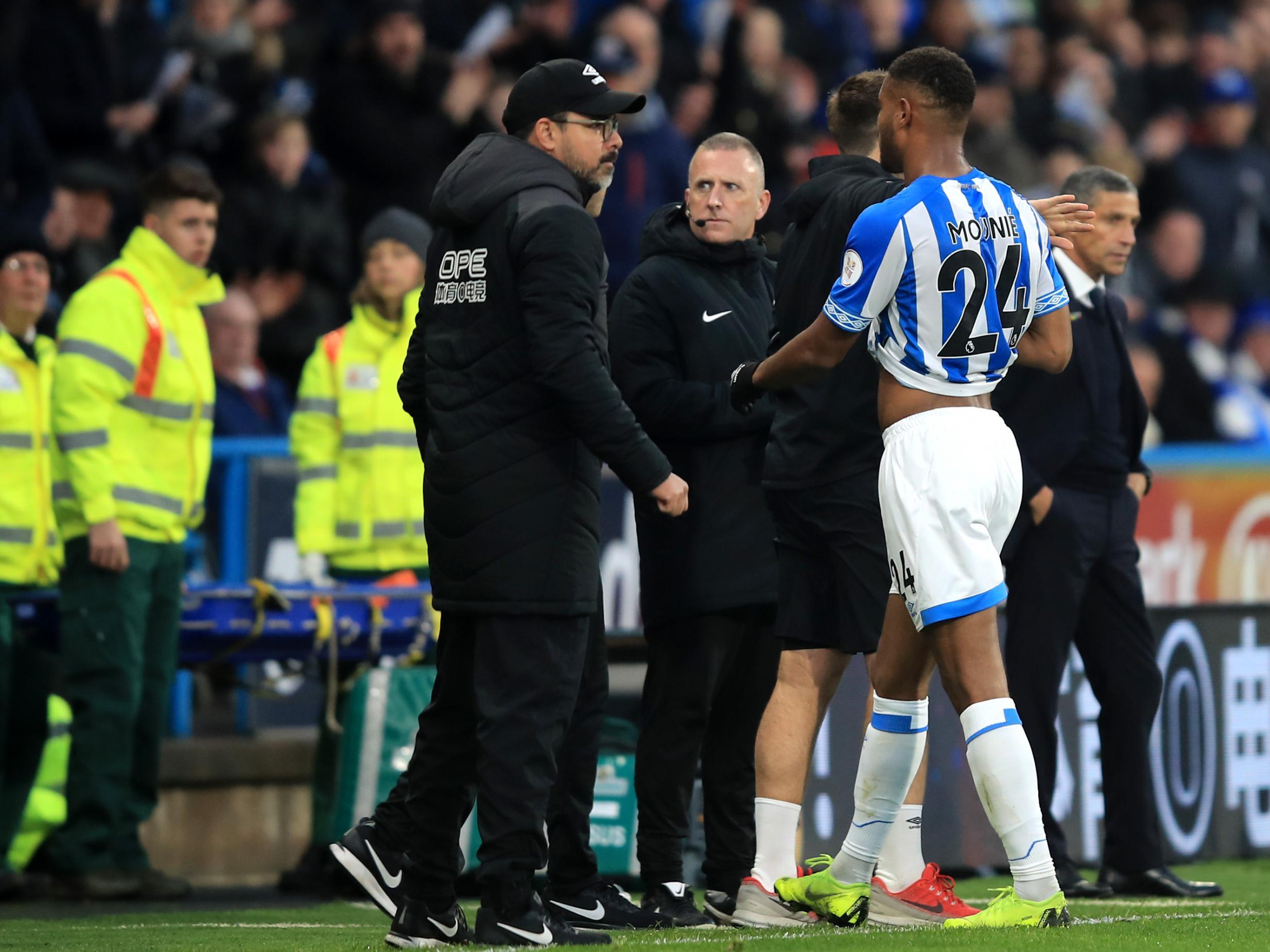
“In MLS the number of red cards for violent conduct has gone up. That is because we are capturing more than we would before because things which have happened off the ball have been picked up. Over time players will become wiser to the fact they are being captured. If they think they can get away with it because no one is looking, then there will usually be a camera that picks it up. Eventually, violent conduct will go down because players know they are going to get caught.”
Less diving
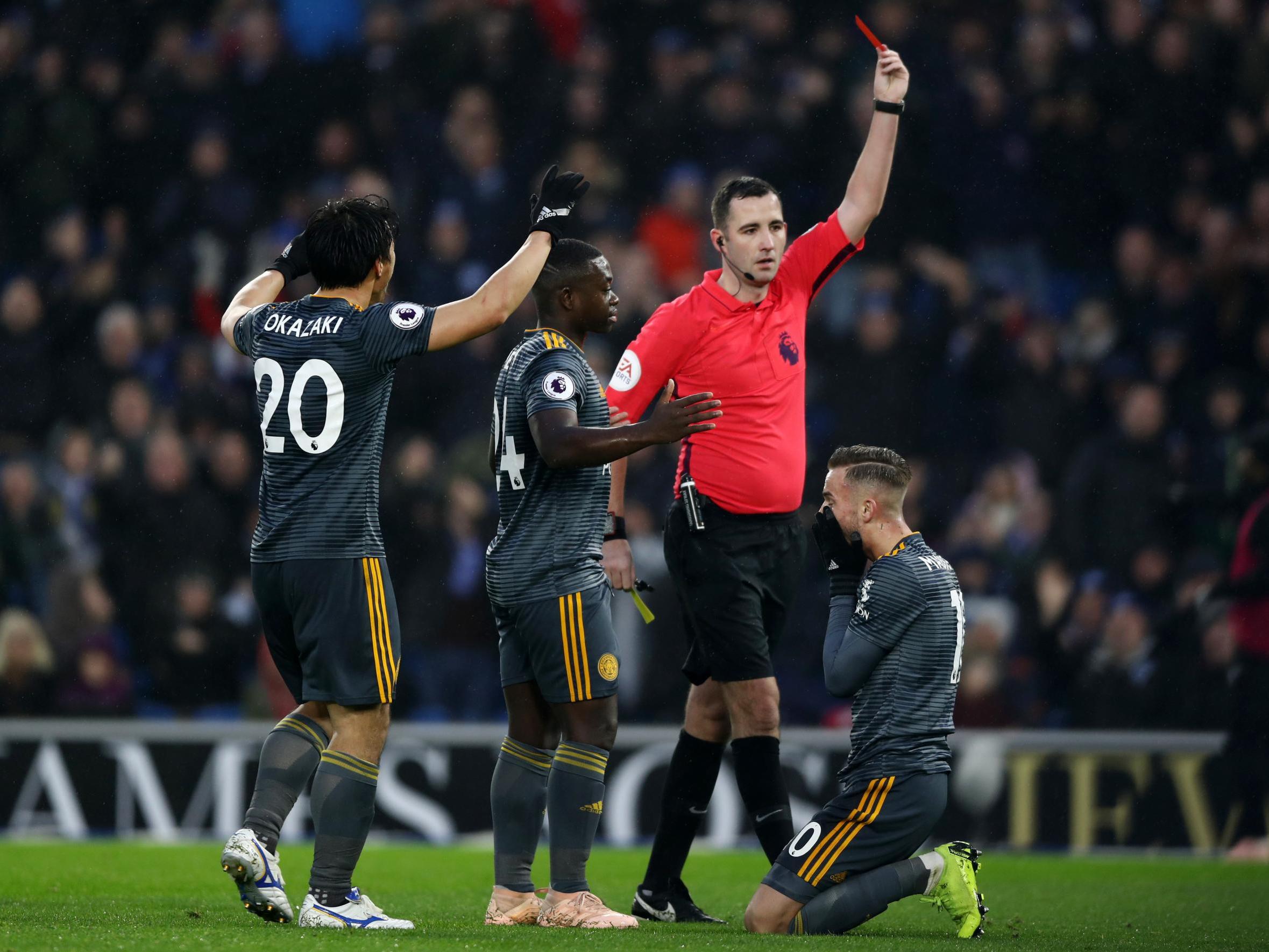
“You will see over time a general move towards less simulation. I am not saying they won't simulate. In the moment they will still try and get an advantage and go down easily, but over time there will be a decline in players diving.”
More set-piece goals

“We are seeing less holding in the penalty area. You will see referees being proactive before set-pieces, warning players that fouls will be picked up. The VAR will look at it on the live video feed and see it and then have the benefit of a delayed feed if they want a second look. It will only be given for an unequivocal foul, not for jostling.”
Some things won't change
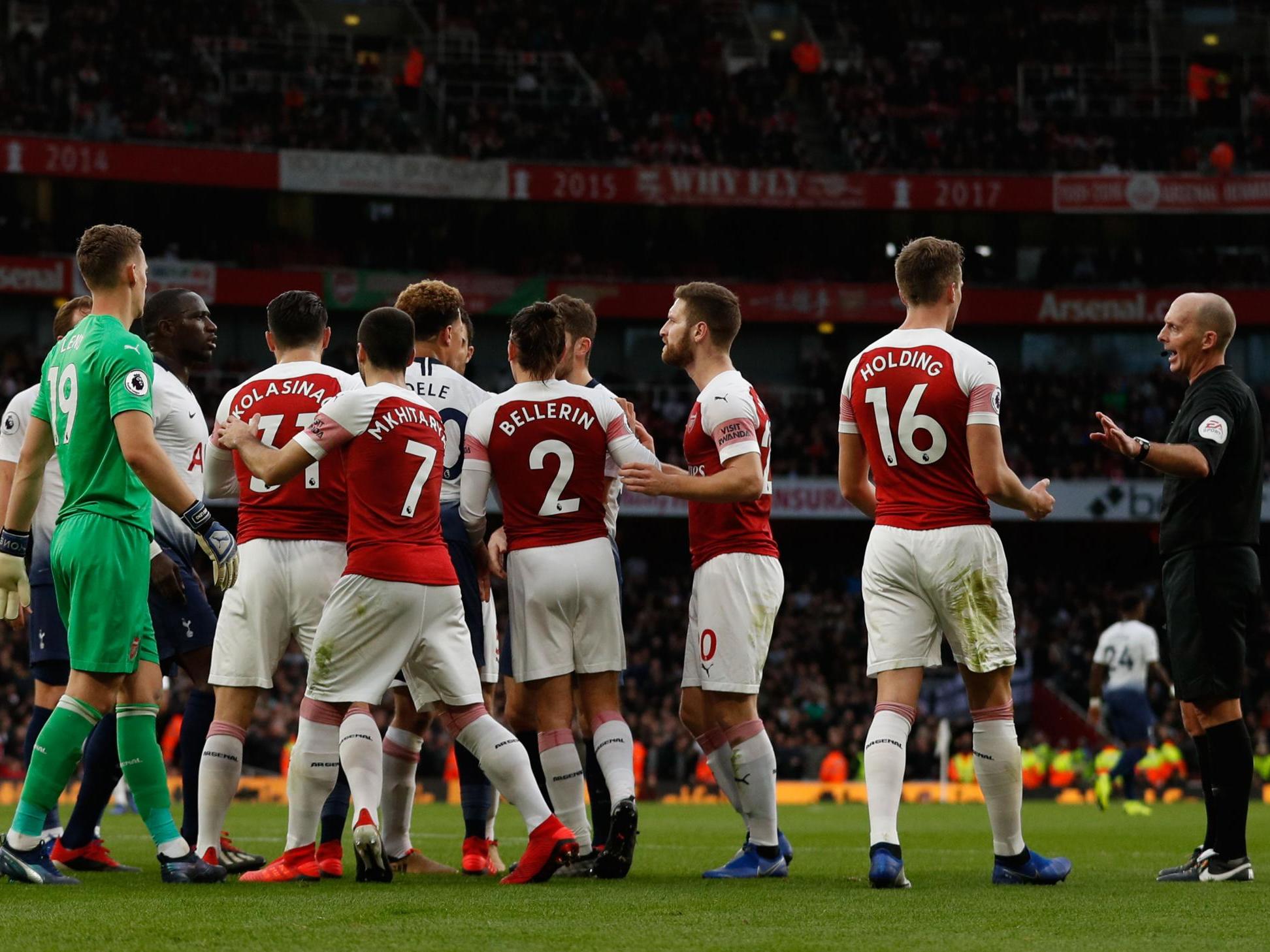
“Football is subjective and always will be subjective, so the final outcome might not please everybody all of the time because that is an unachievable goal. We are not aiming to have everybody accepting every single decision because that is not an achievable aim. But at least we can say that because we are checking all of these big situations we can almost guarantee that real clear errors are a thing of the past. In MLS we have had well over 1,000 goals this season and we have worked out that only three should have been disallowed. There is a comfort level that if a goal is scored it is going to get checked and if there is a clear error that will be dealt with, so that has to give people comfort that it will get rectified."
Managers will still moan about refereeing decisions

“We still get comments from managers about why things weren't reviewed and things like that, but nearly two years in now there is a greater level of acceptance. Most people support the use of it. They know that the chance of their team conceding a goal that should clearly not stand has all-but been eliminated. We still get some criticism because it doesn't always arrive at the outcome some people want because of subjectivity, but generally speaking people are supporting it.”
Join our commenting forum
Join thought-provoking conversations, follow other Independent readers and see their replies
Comments